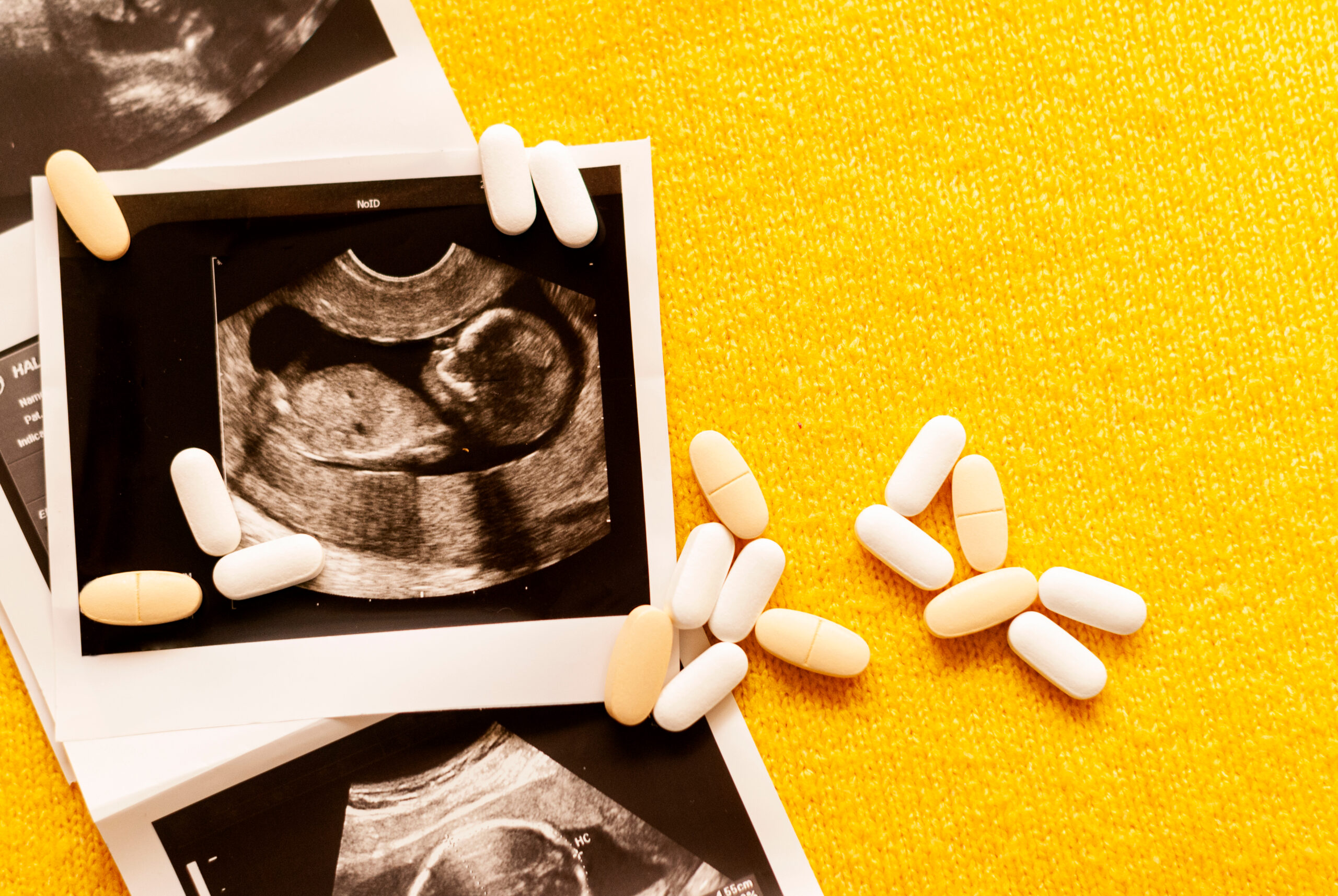Women over 40 may need significantly more vitamin D than previously thought to protect their memory and prevent dementia, according to groundbreaking research.
Story Highlights
- Women show 40% reduced dementia risk with adequate vitamin D supplementation, more than men
- Critical threshold identified at 29.3 ng/mL serum vitamin D levels, especially for older women
- Postmenopausal women have unique biological mechanisms that amplify vitamin D’s brain benefits
- Early intervention before cognitive decline begins proves most effective for memory protection
The Gender Gap in Brain Protection
Large-scale studies involving thousands of participants have uncovered a surprising truth: vitamin D doesn’t protect everyone’s brain equally. Women, particularly those over 65, demonstrate dramatically stronger cognitive benefits from adequate vitamin D levels compared to men. This discovery challenges decades of one-size-fits-all nutritional recommendations and suggests that women’s brains may be uniquely vulnerable to vitamin D deficiency.
The most compelling evidence comes from a massive cohort study published in 2023, which tracked over 12,000 participants for more than a decade. Researchers found that women taking vitamin D supplements showed a 40% reduction in dementia risk, while men’s benefits were far less pronounced. This stark difference has prompted scientists to investigate the biological mechanisms behind women’s enhanced response.
Vitamin D deficiency accelerates cognitive aging.
An analysis of over 2,600 adults aged 50+ found that vitamin D deficiency (30 nmol/L or less) had a steeper drop in global cognition & executive function vs. vitamin D sufficiency (> 75 nmol/L) over 6 yrs follow-up. pic.twitter.com/dTm40QWvdj
— Dr. Rhonda Patrick (@foundmyfitness) August 18, 2025
The Critical Threshold Discovery
Recent research has identified a specific vitamin D blood level that acts as a cognitive protection threshold for women. When serum vitamin D drops below 29.3 ng/mL, women’s risk of Alzheimer’s disease and memory decline increases dramatically. Above this threshold, the protective effects become increasingly robust, suggesting that many women currently considered to have “adequate” vitamin D levels may actually need higher concentrations for optimal brain health.
This threshold effect appears particularly pronounced in centenarian women, who represent a unique population with distinct vitamin D metabolism patterns. Studies of these exceptionally long-lived women reveal that those maintaining higher vitamin D levels throughout their lives demonstrate superior cognitive preservation compared to their peers with lower levels.
Watch:
Why Women’s Brains Respond Differently
The biological explanation for women’s enhanced vitamin D response lies in the complex interaction between estrogen and vitamin D receptors in the brain. Postmenopausal women experience declining estrogen levels, which appears to make their neural tissue more dependent on vitamin D’s neuroprotective effects. This estrogen-vitamin D receptor crosstalk may explain why older women derive greater cognitive benefits from supplementation.
Vitamin D’s brain protection mechanisms include reducing neuroinflammation, preventing amyloid plaque formation, and supporting neural communication pathways. In women, these protective effects appear amplified, possibly due to sex-specific differences in vitamin D metabolism and receptor sensitivity.
Timing Is Everything for Maximum Protection
The most crucial finding for women concerned about memory loss is that vitamin D supplementation works best before cognitive decline begins. Studies consistently show that women who maintain adequate vitamin D levels throughout middle age and beyond experience the greatest protection against future dementia. Waiting until memory problems appear significantly reduces the potential benefits.
This preventive approach aligns with emerging research on biological aging, where vitamin D supplementation has been shown to slow cellular aging processes that contribute to cognitive decline.
Sources:
PMC Research on Vitamin D and Cognitive Function in Women
Alzheimer’s Information: Supplements That May Lower Dementia Risk
Frontiers in Nutrition: Vitamin D and Memory Study
WBUR: Vitamin D and Aging Research from Brigham and Women’s Hospital
Fortune: Vitamin D Supplements and Biological Aging
Harvard Health: Low Vitamin D Levels and Dementia Risk








